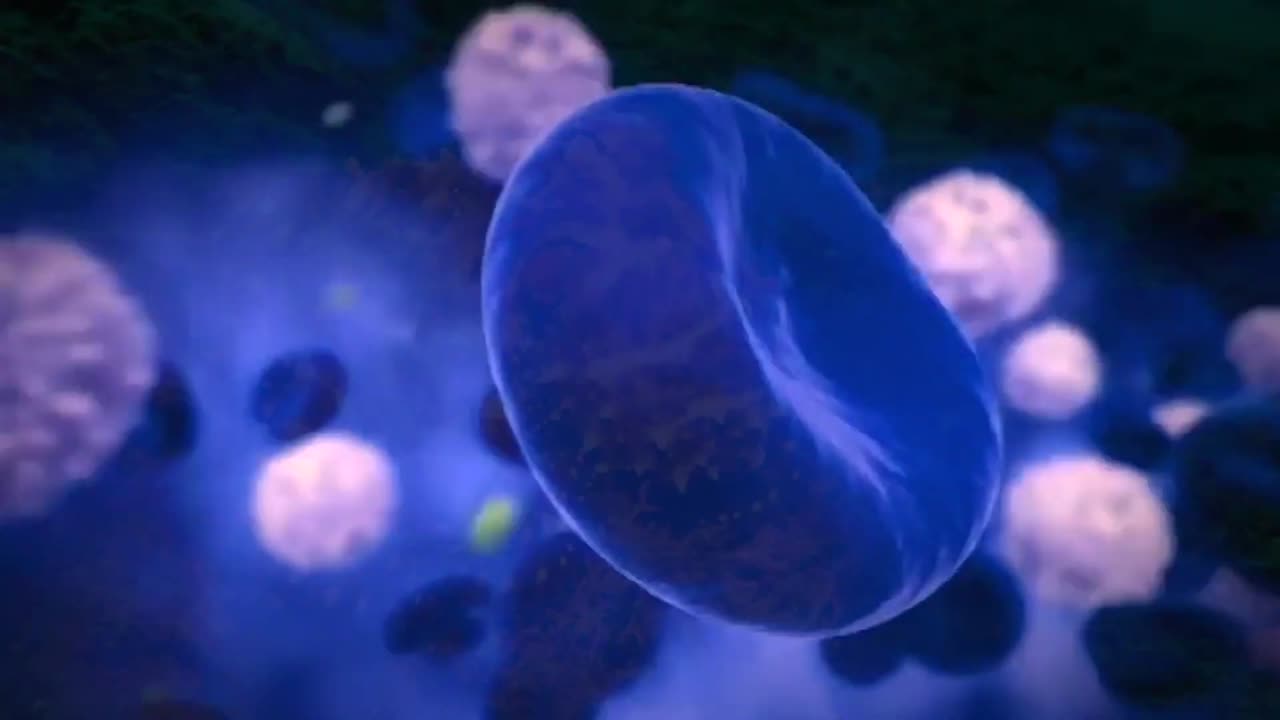Premium Only Content

Octupus | Food Chain of Animals
Like and subscribe my channel and share the video
Thankyouuu.
The octopus is a highly intelligent and fascinating marine creature known for its unique physical characteristics and complex behaviors. Here's a detailed note about octopuses:
1. Physical Characteristics:
Body Structure: Octopuses belong to the class Cephalopoda and have a soft, sac-like body called a mantle.
Arms: Most notable are their eight flexible arms lined with suckers, which they use for various functions, including manipulating objects and capturing prey.
Camouflage: Octopuses are masters of camouflage, able to change both the color and texture of their skin to blend seamlessly with their surroundings. This skill is essential for hunting and avoiding predators.
2. Habitat:
Global Distribution: Octopuses are found in oceans worldwide, ranging from shallow coastal waters to deep-sea environments.
Preferred Habitat: They favor areas with rocky substrates, coral reefs, and seafloors where they can find suitable hiding spots.
3. Behavior:
Intelligence: Octopuses are among the most intelligent invertebrates, displaying problem-solving skills and the ability to learn from experience.
Tool Use: Some species of octopuses are known to use tools, such as coconut shells, to create shelters or to defend themselves.
Escape Artists: They are famous for their remarkable escape abilities, squeezing through small openings and even disassembling lids to escape enclosures.
4. Reproduction:
Semelparous Lifecycle: Most octopuses are semelparous, meaning they reproduce only once in their lifetime. Females lay a large number of eggs and guard them until they hatch, after which the female typically dies.
Parental Care: The extent of parental care varies among species, with some octopus mothers actively guarding and aerating the eggs until they hatch.
5. Feeding Habits:
Carnivorous Diet: Octopuses are carnivores, preying on crustaceans, fish, and even small sharks.
Hunting Techniques: They use a combination of stealth, speed, and intelligence to capture prey. The suckers on their arms help in securing and manipulating food.
6. Notable Species:
Common Octopus (Octopus vulgaris): Found in temperate and tropical seas, known for its exceptional problem-solving abilities.
Giant Pacific Octopus (Enteroctopus dofleini): One of the largest species, inhabiting the Pacific Ocean.
7. Lifespan:
Short Lifespan: Octopuses generally have relatively short lifespans, ranging from as little as six months to a few years, depending on the species.
8. Importance to Research:
Neuroscience: Octopuses have a complex nervous system, making them valuable subjects for neuroscience research and understanding the evolution of intelligence.
In conclusion, octopuses are remarkable creatures with a range of adaptive features, behaviors, and cognitive abilities that continue to captivate scientists and marine enthusiasts alike. Their mysterious nature and unique characteristics make them an intriguing subject of study in the field of marine biology.
-
 5:09
5:09
Guns & Gadgets 2nd Amendment News
22 hours agoFBI Stops 9/11 Style Terror Attack!!
20.2K15 -
 9:39
9:39
GBGunsRumble
22 hours agoGBGuns Armory Ep 128 Kimber R7 Mako Carbon Compact
51.6K8 -
 1:00:51
1:00:51
The Tom Renz Show
21 hours ago"DEI Is Racist - Who knew & Redfield Now Worries About COVID Jabs"
66.8K8 -
 5:01
5:01
BIG NEM
13 hours agoInside the Albanian Mob... As a Serb.
33.7K2 -
 1:40:14
1:40:14
TheConnieBryanShow
4 days agoGAIN OF FUNCTION: MRNA, D.A.R.P.A. & THE PFIZER PAPERS
27.3K5 -
 2:14:01
2:14:01
Fresh and Fit
10 hours agoDr. Disrespect Moves To Rumble!
82.1K60 -
 6:14:53
6:14:53
Akademiks
12 hours agoDrake Sued his Label for Botting Kendrick Lamar Streams to 'End Him'. Kendrick Drops new video!
84.7K20 -
 0:46
0:46
Dr Disrespect
18 hours agoIt's not just a stream... it's an experience
353K1.82K -
 5:45:38
5:45:38
80sKiid
13 hours ago $30.71 earnedFirst stream on RUMBLE!!!!!
108K10 -
 3:56:31
3:56:31
JakeParker
13 hours ago $14.81 earnedJakeParker is LIVE on Rumble
64.4K